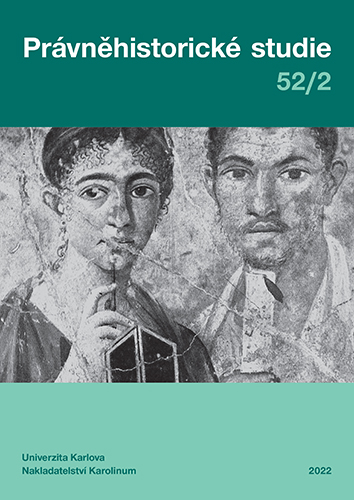Stratená prestíž a medzivojnová maďarská kultúrna diplomacia (Jej inštitucionálne a právne základy)
Lost Prestige and Interwar Hungarian Cultural Diplomacy (Its Institutional and Legal Foundations)
Author(s): Monika Balatoni, Ivan HalászSubject(s): Law, Constitution, Jurisprudence
Published by: Univerzita Karlova v Praze, Nakladatelství Karolinum
Keywords: cultural diplomacy; first world war; history; Hungary; prestige; reforms; science
Summary/Abstract: The paper focuses on the birth of Hungarian cultural diplomacy in the interwar period. Hungary had relatively high prestige in the Western liberal newspapers and journals before the first world war, but the problems with electoral reforms and minority issues dramatically changed this situation. This change together with the results of the first world war lead to the Trianon peace treaty. The Hungarian politicians planned to restore the international prestige of the country by the active cultural and scientific diplomacy. Count Kuno Klebelsberg played the crucial role in this process. He served as conservative minister of education and religion across ten years. The network of Collegium Hungaricum and the institutes for history in Berlin, Rome and Vienna represented the main form of Hungarian foreign representation. Hungary also subsided the university departments and lecturers of Hungarian language working abroad very actively this time. The parliament adopted the main legal norm of cultural policy in 1927. This norm regulated the work of cultural-scientific institutes operating abroad and also the system of Hungarian fellowships. The cultural diplomacy was the domain of the educational ministry instead the foreign office. This diplomacy represented the very successful form of foreign activities of Hungarian state.
Journal: Právněhistorické studie
- Issue Year: 52/2022
- Issue No: 2
- Page Range: 169-183
- Page Count: 15
- Language: Slovak

